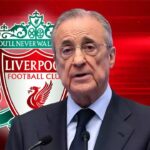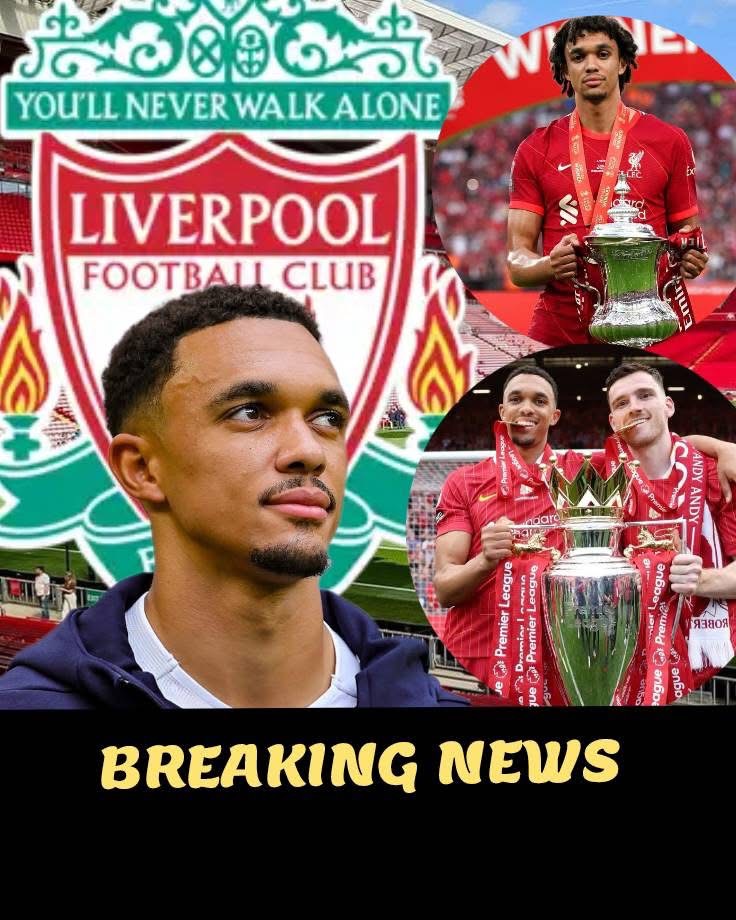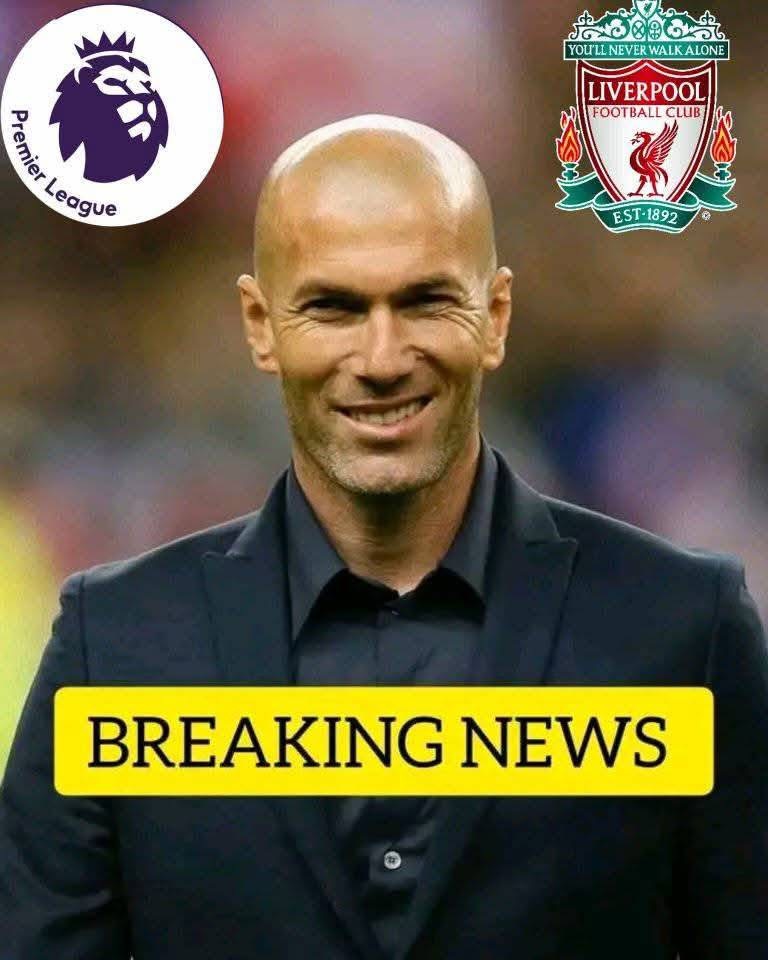A brewing storm at Old Trafford
Manchester United are in the middle of yet another crisis. The defeat to Brentford intensified the doubts surrounding Rúben Amorim’s tenure, and though the board has publicly attempted to calm the waters, privately there are concerns about the direction of the team. The atmosphere around Old Trafford is once again one of restlessness, frustration, and speculation.
With whispers of discontent in the dressing room and growing pressure from supporters demanding accountability, the future of Amorim feels increasingly precarious. And as is always the case at Manchester United, when a manager begins to stumble, attention immediately turns to the next possible successor.
One name has already started to emerge in the shadows: Oliver Glasner, the current Crystal Palace manager whose reputation has been steadily climbing in Europe.
Glasner’s uncertain future at Palace
Glasner’s arrival at Selhurst Park was met with optimism. A coach with a proven track record in the Bundesliga, he had turned Eintracht Frankfurt into Europa League champions in 2022, delivering one of the most significant triumphs in the club’s history. His tactical acumen, organizational skills, and ability to unify squads made him an intriguing appointment for Palace, a club looking to stabilize and progress beyond mid-table mediocrity.
Yet despite early signs of progress, Palace’s boardroom has been slow to tie Glasner down with a long-term contract extension. This hesitation has created uncertainty about his future — a hesitation that has not gone unnoticed elsewhere.
Manchester United, always alert to managerial movement across Europe, have reportedly started monitoring Glasner’s situation. If Amorim’s tenure collapses under the weight of poor results and fan backlash, Glasner could suddenly find himself in the running for one of football’s most high-pressure jobs.
The allure of Glasner’s style
Why Glasner? The answer lies in his coaching philosophy. At Frankfurt, Glasner built a side renowned for its defensive structure and counter-attacking precision. His teams thrive on discipline, compactness, and intelligent transitions — a system that has often proven effective in European competitions.
At Palace, he has already introduced greater resilience. Though the squad lacks the star power of a club like United, Glasner has managed to instill a sense of tactical identity, something Amorim has struggled to achieve at Old Trafford. United’s biggest flaw right now is not a lack of talent — they have Bruno Fernandes, Matheus Cunha, Bryan Mbeumo, and a promising academy pipeline — but rather a lack of structure. Glasner’s reputation as a “system coach” makes him a natural candidate to impose order on United’s chaos.
Lessons from Frankfurt
Glasner’s greatest achievement to date remains his Europa League success with Eintracht Frankfurt. Under his leadership, Frankfurt beat Barcelona at the Camp Nou in a stunning 3-2 victory and went on to lift the trophy after a nerve-shredding final against Rangers.
That campaign showcased Glasner’s key strengths:
- Tactical discipline: Frankfurt’s players understood their roles with absolute clarity.
- Resilience under pressure: The team rarely looked rattled, even against technically superior opposition.
- Unity: Glasner fostered a dressing room spirit that made Frankfurt greater than the sum of its parts.
These are exactly the qualities Manchester United have been accused of lacking under Amorim — and indeed, under several of his predecessors since Sir Alex Ferguson retired.
The challenge of Old Trafford
Of course, succeeding at Old Trafford is a very different challenge from triumphing in Frankfurt or stabilizing Palace. United are not just another football club; they are a global institution, with an immense weight of history, expectation, and scrutiny.
The job demands more than just tactical clarity — it requires the ability to handle relentless media pressure, to manage egos in a star-studded dressing room, and to deliver results at breakneck speed. Glasner, for all his successes, has yet to prove himself in an environment quite as unforgiving as Manchester United.
This raises the question: is Glasner truly ready for the glare of Old Trafford? Or would he risk becoming another in the long line of managers unable to cope with the enormity of the role?
Amorim’s dwindling authority
Meanwhile, Rúben Amorim remains in post, but his authority is under severe threat. Reports suggest senior club officials recently instructed him to abandon his preferred system and adopt a 4-3-3 formation, leaving him “speechless.” Such intervention highlights the erosion of faith at board level, and once the hierarchy begins dictating tactics, a manager’s days are usually numbered.
Amorim’s struggles are not entirely his fault. He inherited an unbalanced squad and has been forced to work with glaring weaknesses in key areas, particularly defensive midfield. But in the unforgiving environment of Old Trafford, explanations rarely buy time. What matters is results, and Amorim simply has not delivered enough.
Could Glasner really fix United?
Glasner would certainly bring order. His approach would likely tighten United’s defense, give them a clear plan in possession, and reintroduce the fighting spirit that supporters crave. Bruno Fernandes could thrive under Glasner’s structured system, while younger players like Kobbie Mainoo and Amad Diallo could benefit from the tactical clarity.
Yet there are concerns. Glasner’s football is often pragmatic rather than expansive. United fans, raised on Ferguson’s swashbuckling style, might grow impatient if performances are functional rather than thrilling. Moreover, the leap from Palace to Manchester United is enormous — not every manager makes it across that divide successfully.
The bigger picture
The truth is that no managerial appointment alone can solve United’s deeper structural issues. Recruitment has been scattergun, the sporting department remains fractured, and ownership questions continue to linger. Glasner may steady the ship, but unless the club hierarchy addresses its systemic dysfunction, even the best coaches will struggle to bring back sustained success.
Still, the allure of Glasner is obvious. He represents something United desperately need: a coach who can impose order, discipline, and identity on a talented but rudderless squad.
A storm waiting to break
For now, Oliver Glasner remains at Crystal Palace, and Rúben Amorim remains Manchester United’s manager. But in football, things can change overnight. A bad result here, a restless board meeting there, and suddenly the dominoes start to fall.
If Amorim is indeed pushed out, Glasner could quickly become the man in the spotlight — a manager thrust into the chaos of Old Trafford with the task of rescuing a giant from its knees.









